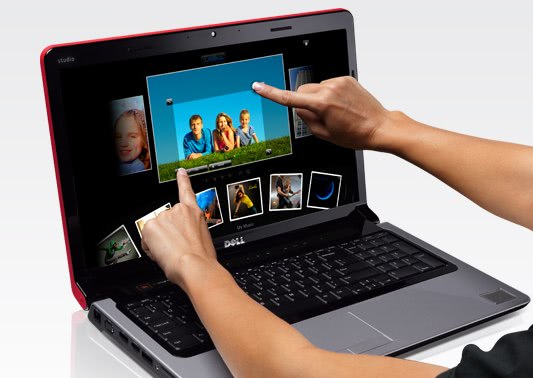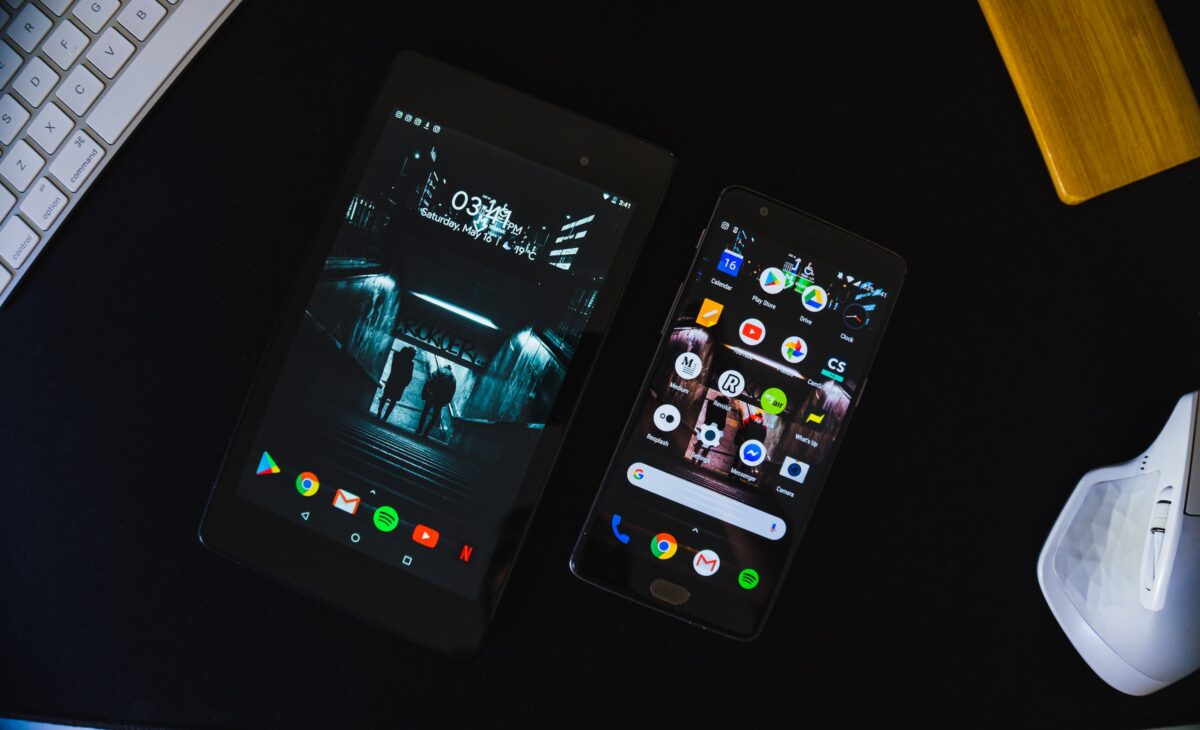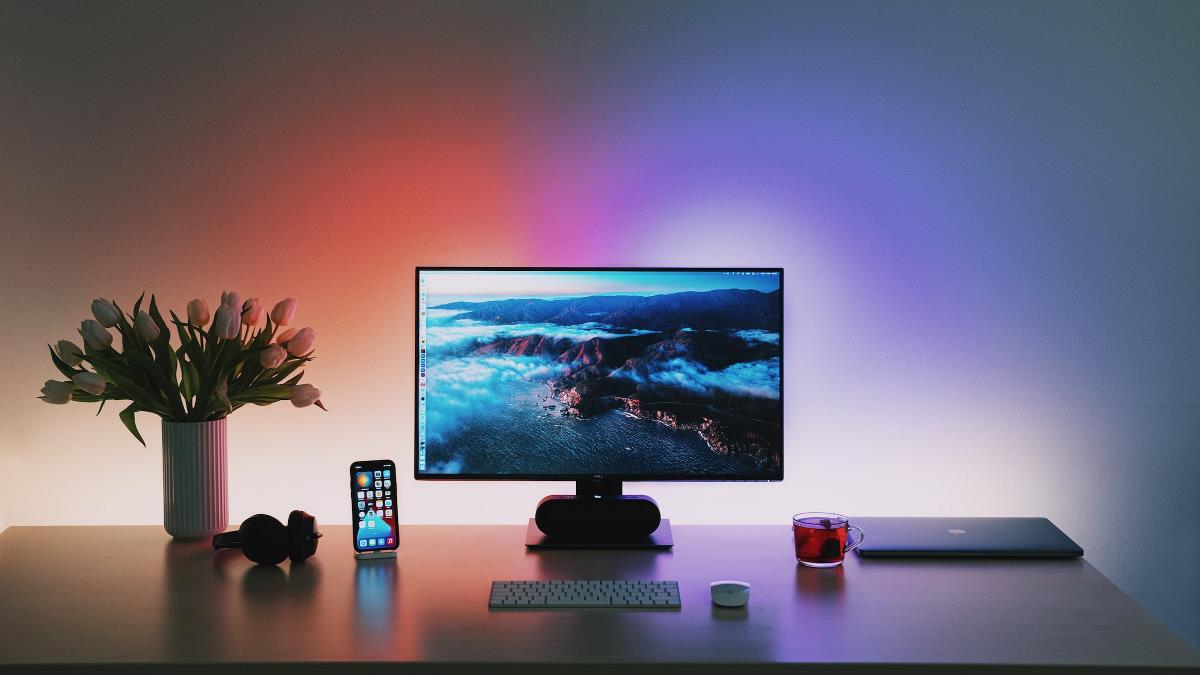What Technology Will We Expect with Next Year's PCs and How Will it Affect Prices?

Smartphones and tablets have a lot to answer for, at least when it comes to making technology affordable for the public. Since the launch of the first iPhone it's become not only accepted that sensors and other devices such as GPS, multi-touch capacitive screens, NFC, accelerometers, digital compasses and more should be included but we've come to expect, if not demand them.
As the next twelve to twenty four months goes on there will come more and they will be even more commonplace in portable computing devices than they are now. Windows 8 supports more types of sensor than ever before too with technologies such as Kinect, NFC and more being integrated directly into the platform. But what is this going to do for the prices of the computers that we buy and is it even affordable to do so?
The latest rumour is that ASUS is testing Kinect sensors built into the bezel of laptops. This type of integration won't come as a surprise to many people and it's only to be expected. This type of technology isn't cheap however and integrating it into a laptop will come at a cost penalty. This is also at a time when PC makers are telling us that the profit margins on PCs and laptops are now so tight that they're beginning to focus on the high-end computing devices such as ultrabooks in order to get us to part with more cash.
My own laptop contains a four-point capacitive touch screen, 3G SIM card slot, drop-sensing accelerometer, fingerprint reader, TPM chip and GPS. It's a high-end model yes, but when you think about where consumers are now with technology it's likely that people will want to get these types of devices, along with Kinect, already integrated with their new computers, monitors and laptops, and that PC makers will capitalise on this fact to hike prices and push people towards buying even more expensive computers that improve their profit margins and balance sheets.
To be honest I firmly believe that some of these sensors are pretty much essential for work in the modern age. 3G/4G is one such example with mobile broadband now so ubiquitous. GPS is also something that's extremely useful in a mobile device and security systems such as biometric fingerprint readers and Trusted Platform Module chips are now essential for any business laptop.
Then we have to face the fact that by the time Windows 8 launches or at least early in 2013, over 80% of new laptops will ship with a multi-touch screen. Next year's consumer electronics show will be full of such devices and laptops packed with sensors and NFC readers of all description. Each will have a use, every last one will be justifiable, and all will be more expensive than they are today.
So what is your attitude to sensors and extra tech on PCs? Do you already have a laptop that includes some of these devices and do you use them? I might not use my laptop's GPS a lot but the 3G module is used several times a week. Are you happy that the prices of laptops seems to be steadily rising, at the same time as many are predicting the death of the traditional desktop PC with a tower that's easy to upgrade and cheap to build. Why not let us know in the comments below.
























My opinion on windows 8 is that it looks fantastic and everything but it is not built for a desktop or a laptop. In my opinion it should be an operating system purely for tablets and smart phones. Nevertheless it still looks interesting and this was a great article!
What’s being overlooked here is having screens that are compatible with a stylus, they could be used flat or more preferably tilted at a slight angle.
Anyone who has used a Wacom tablet such as the Wacom Intuos 4 model I have, know how easy it is work in Lightroom and Photoshop with one which is my primary use for it. It works extremely well throughout Windows and with other applications because the Windows Tablet/Stylus Interface is very mature and bug-free.
Perhaps a hybrid interface c/should be developed that incorporates both Tablet/Stylus and Double-touch capabilities and might/would please *all/most* everyone?
successfulessfbelievebeieve that such an interface would have to be completely configurable by the user and for *once* it would have be implemented at the OS-level. We cannot have the same-old-proprietary-interfaces we’ve seen before from each and every Display / Netbook / Notebook / Laptop / PC vendor.
The thought of using Double-touch capabilities for other than very simplistic/’casual’ activities on any computer (Netbook, Notebook, Laptop,or PC) is reaching way too far. I’d like someone to name a program or activity where Double-touch makes sense– I can’t think of any and I have been using Computers since 1973 and PCs since 1981 (IBM PC-1/Apple Lisa).
I think that touchscreen is very niche. Sure, the companies are and will continue to push it as the latest ‘cool.’ As you point out, in the never-ending quest to generate more sales.
But for serious. long and intense work it will not be practical on any vertical screen at a desk (at least the way we are used to working at desks for last 10 to 20+ years…)
Holding your arms out to a large screen monitor and trying to do work is crazy.
Besides the arm fatigue, there will be no fine motor control at arms distance.
I can just see myself dragging and dropping files into all the wrong folders. “…Dang, where did that file drop into this time!?…”
Though, possibly great benefit to heart-lung health from all the arm waving. ;)
It seems to me it will, in the long run, be practical on smaller, mostly horizontally oriented screens. Even then, one may not get the fine detail movement allowed by the various ‘traditional’ pointers.
But that’s just me as a person who’s been working with computers for years, well, decades.
There has to be an evolution in input and this is the beginning of real change.
Prices will come down over time as they always do with these changes.
I am looking to Kinect to be adapted in ways that can replace the
mouse which still trumps everything else but unless it is
replaced my wrist cannot take another 30 years.
Why would I be happy about price hikes?
Once again, I feel the need to rush out and purchase all the PCs I can find. I like my dual, smudge-free, monitors and the comfort of sitting at my desk. I care, not at all, about putting my hands all over a screen. And, look at that picture. Why would I want to sit or stand, as the case may be, with my arms outstretched all day?
It depends on how you use a computer. I work with mine. No social networking. Few pictures. No movies. All the new devices are geared for something other than work.
Yes, I agree. Touchscreens work well on tablets, okay on laptops but on a desktop, not for me. Stretching my hand out horizontally to my monitor all day long would be ergonomically challenging, and a productivity drain, not to mention all those streaks and smudges.
Ditto. That picture really looks uncomfortable.